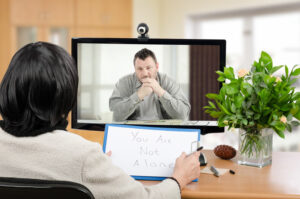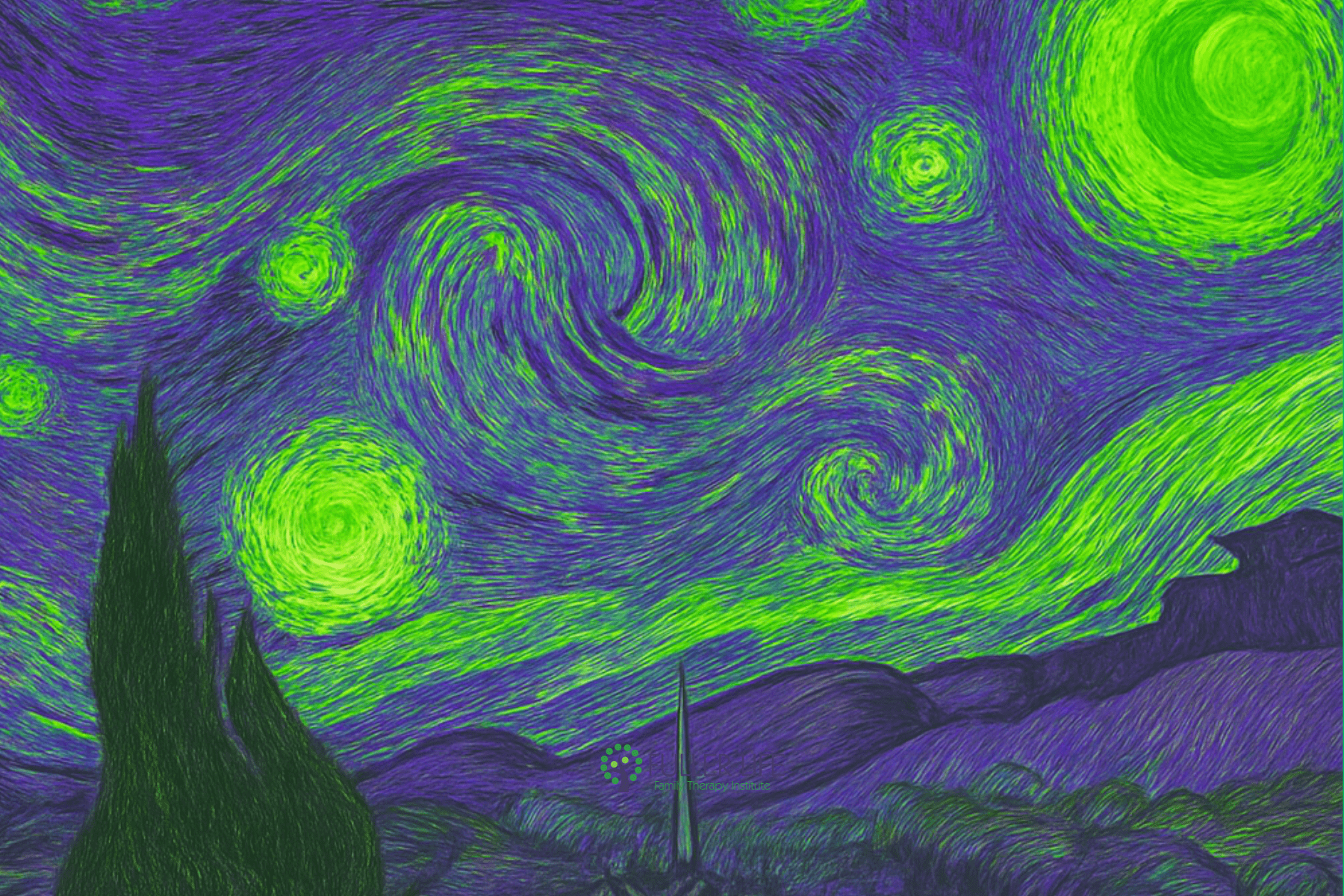How Personal Power Can Change Your Life
Consider two different scenarios. First, imagine yourself on a career trajectory that is suddenly cut short. You now take a new job for which you feel unqualified. You are consumed with defeat, insecurity and anxiety. Worried that you will appear incompetent, you avoid any challenges.
Now, imagine that you are about to give a presentation on a topic that is meaningful to you. You feel jittery and nervous, but excited to share your insights with the audience. You stand tall and speak from your heart, connecting with the group in an impactful way.
What comes to mind as you think of the two very different scenarios?
Powerlessness vs. Personal Power
We have all experienced situations in life in which we have felt powerless, discouraged and defeated. Similarly, we have experienced situations in which we have felt powerful, confident and ambitious.
In her research on presence and power, Amy Cuddy (2015) shows that power activates the psychological and behavioral approach system, which means that we feel free, in control and unthreatened. On the other hand, powerlessness activates the inhibition system, making us more anxious, pessimistic and conforming to social pressures.
While the word “power” might conjure up thoughts about dictators and oppressors, Cuddy (2015) suggests that personal power is very different than social power. Social power is the ability to exert dominance and influence the behavior of others. Personal power, on the other hand, is freedom from the dominance of others. It means accessing and controlling our limitless inner resources.
The consequences for powerlessness are significant. Cuddy believes that powerlessness is as likely to corrupt as power is. And unless we feel personally powerful, we cannot be truly present with those around us.
Here are some ways powerlessness negatively impacts us (adapted from Presence by Amy Cuddy)
1. Powerlessness impairs thought
Powerlessness and the anxiety that results undermine executive functioning (I.e., higher order cognitive abilities such as reasoning, attention control, task flexibility) which is critical to coping well in challenging situations.
2. Powerlessness makes us self-absorbed
Social anxiety interferes with ability to see the world through others’ eyes. This is bidirectional. The more self-focused we are, the more anxious, depressed and powerless we are likely to feel.
3. Powerlessness prevents presence
The more anxious and self-focused we are, the more likely we are to ruminate on social interactions in an unhelpful manner and this directly inhibits being present in those interactions.
In contrast, personal power benefits us in a number of ways (adapted from Presence by Amy Cuddy).
1. Personal power protects us
Personal power serves as a buffer against negative emotions, making us feel less pain in difficult times and less hurt by negative interactions.
2. Personal power connects us
It frees us to be more open and vulnerable with others.
3. Personal power liberates our thinking
We are more creative, less self-conscious about expressing feelings and beliefs when we feel powerful.
4. Personal power synchronizes us
Feeling powerful has a way of harmonizing our thoughts, feelings and behaviors such that we appear more authentic in our presence.
5. Personal power incites action and leads to more effective action
When we believe we are able to perform the task at hand, even in a high-stakes situation, we are more likely to perform it.
Cuddy also suggests that the way we build personal power is gradually, one step at a time. It comes as we pay more attention to our body language, embodying postures of power (upright, expansive), deep breathing, smiling. Personal power also comes as we make everyday decisions. Often, we need to act first and the feelings of confidence and competence will follow. When we notice ourselves doing something with courage or competence, we can then recall this the next time something challenging comes our way, making it easier to perform in future situations. As this goes on, we are able to harness our internal resources in order to meet challenges.
At Fuller Life, we hope you will bold and brave as you ride the waves of life!
Reference
Cuddy, A. (2015). Presence: Bringing Your Boldest Self to Your Biggest Challenges.
Contributed by
Supervised by Amy Fuller, PhD, LMFT-S


 Tamara Tatum, LMFT-Associate
Tamara Tatum, LMFT-Associate






